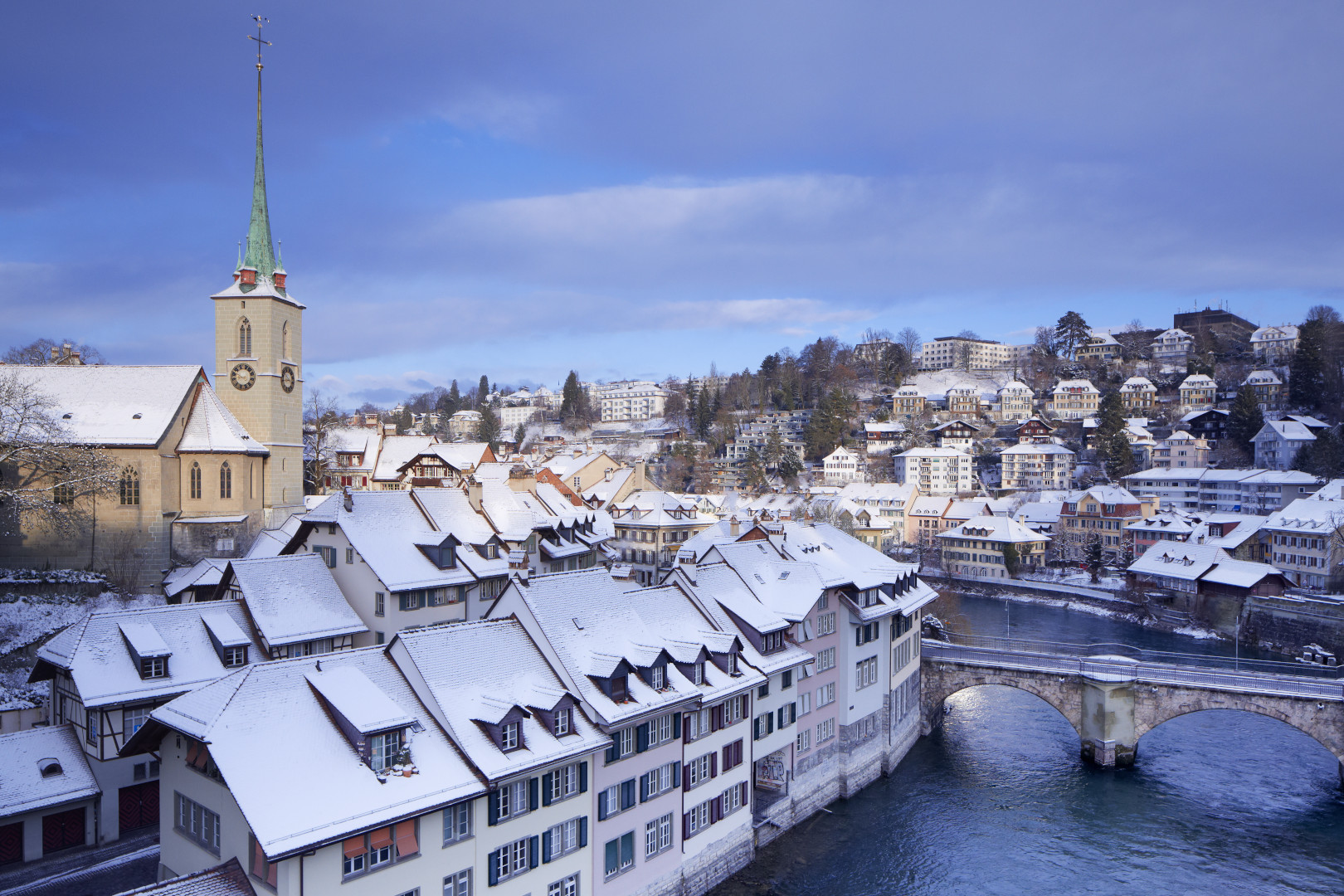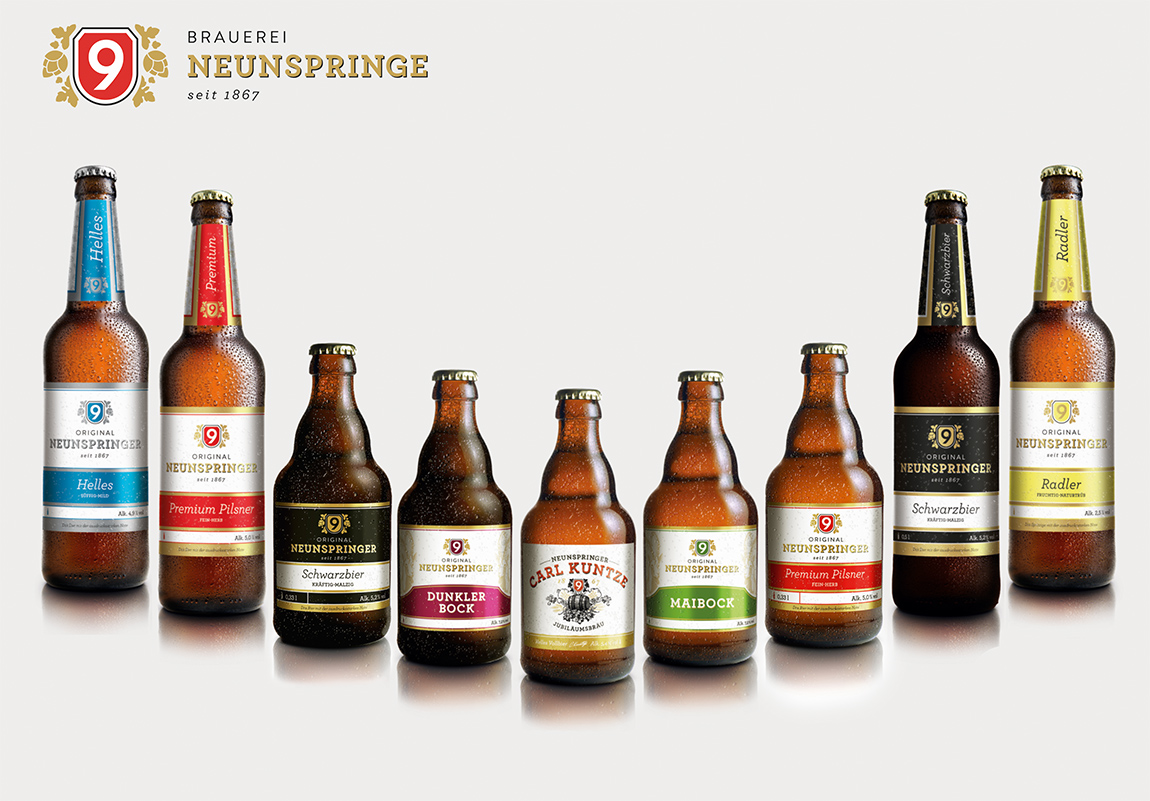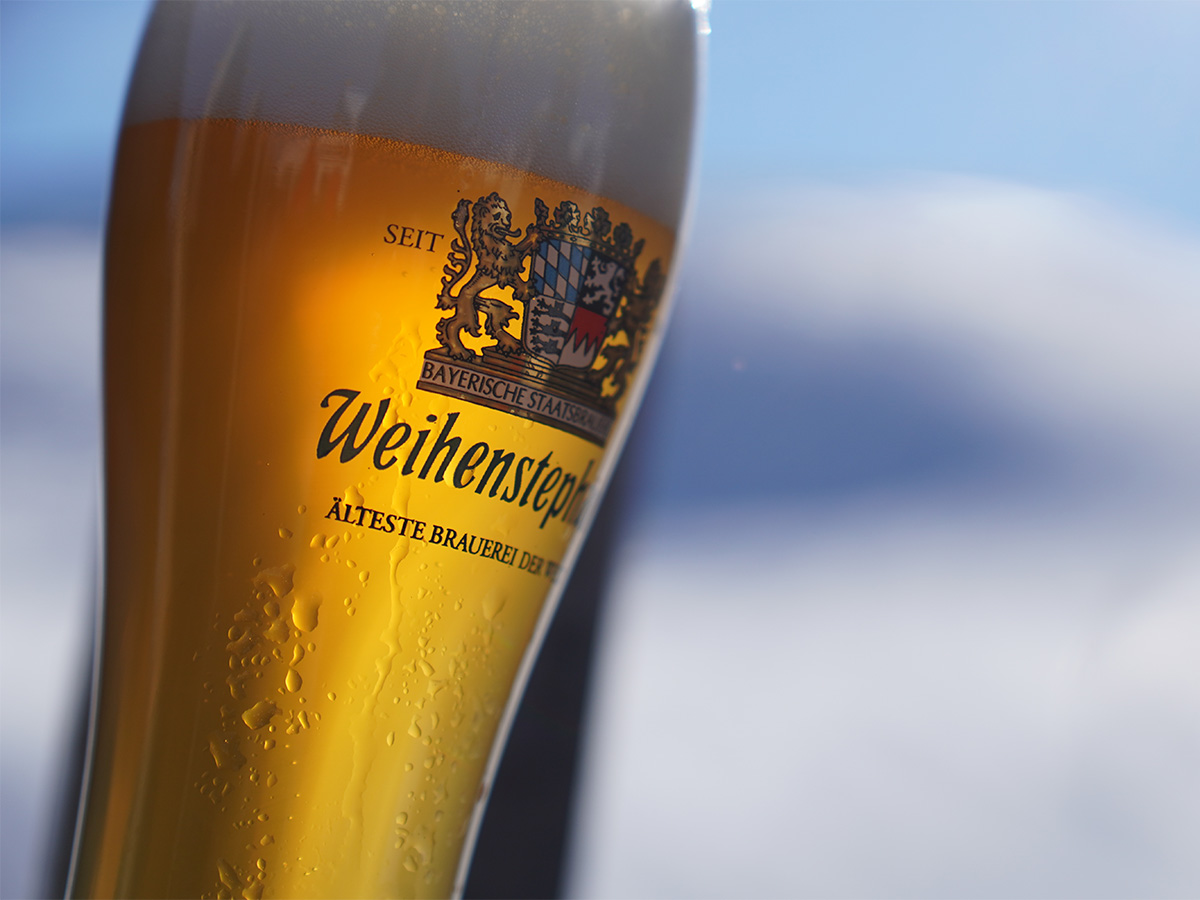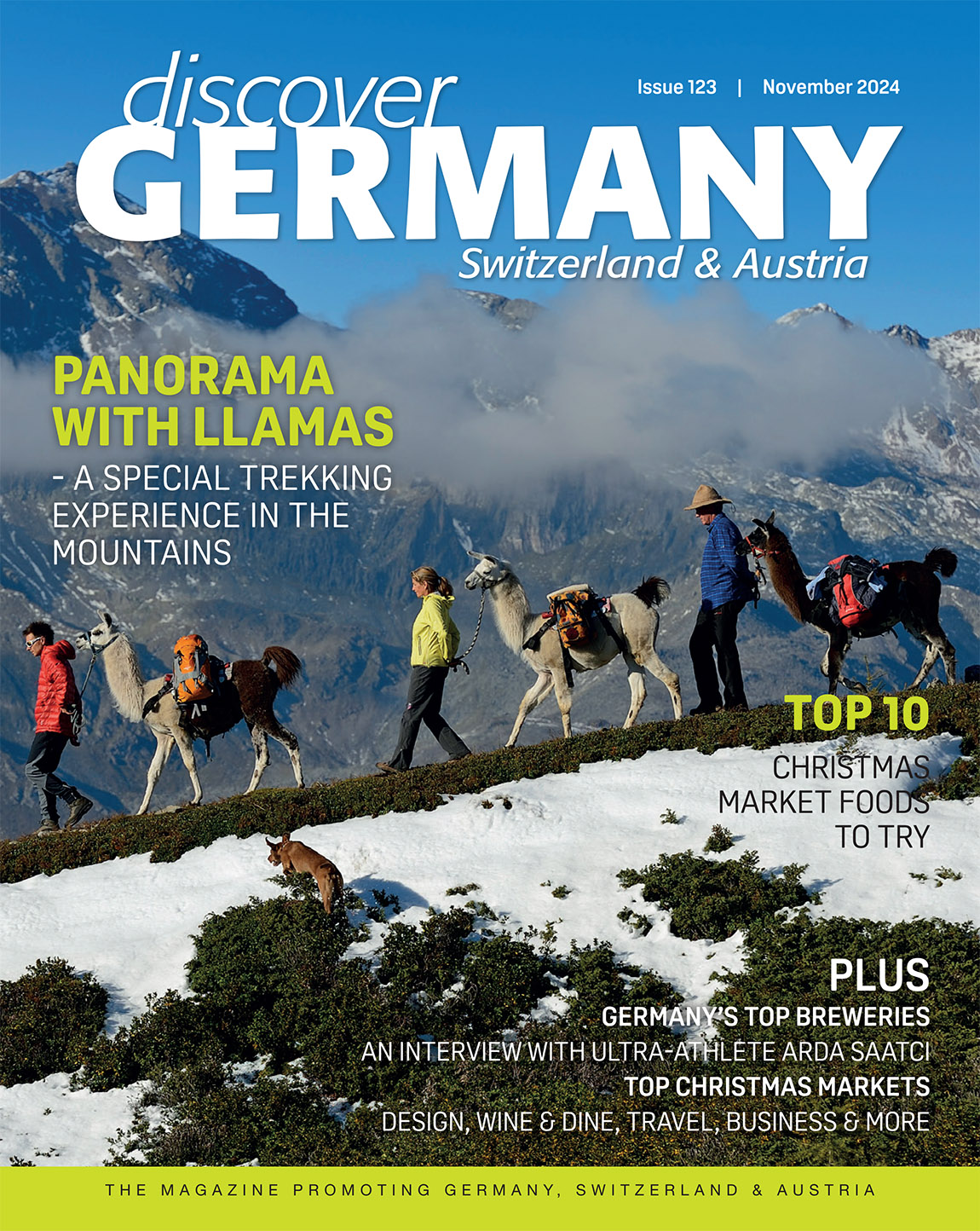Bern’s Zibelemärit

Make way for the mighty onion
TEXT: WIBKE CARTER
Once a year, on the fourth Monday of November, the capital of Switzerland holds a very special folk festival when farmers from the surrounding areas bring more than 50 tonnes (50,000 kilogrammes) of onions to Bern for its famous Zibelemärit.
I have no chance. I am surrounded, by children heavily armed with…confetti. And as I learn in the next split second, they have no hesitation to use it with full force. Before I can even open my mouth in protest, tiny shreds of coloured paper rain down on me but when I see the mischievous sparkle in their eyes, I cannot help but smile.
I had arrived in Switzerland the day before for the Bern Zibelemärit, or ‘Onion Market’. It is an early start for the first visitors at around 5am, though when I join the crowds at 6.30am it already seems impossible to move in some places. Around me, farmers from all over the country, sell tonnes of onions and garlic on hundreds of stands in the narrow streets of the picturesque Old Town (a UNESCO World Heritage Site). In the darkness, this sea of traditionally braided onions, flower arrangements, decorations and figures sculpted from onions, in the foreground of illuminated historical buildings like the Town Hall, is an enchanting sight.
Other vendors offer seasonal vegetables, bread, Glühwein (hot mulled wine − a first for me, alcohol this early), bread and souvenirs. No one seems bothered by the early hour or the winter coldness. “The Onion Market attracts more visitors than any other traditional event in the canton,” says city guide Margarete Schaller. “It’s a public holiday in Bern and everyone gets behind it.” Whether onion tart, onion soup, onion pizza, or sausage with onions – the restaurants in Bern’s Old Town offer an array of onion-based dishes. Swiss Rail put on extra trains, and additional coaches are scheduled to bring in thousands of visitors. The market is notorious for the confetti fights, enjoyed not only by small children. “You’d better start covering your mulled wine,” Ms Schaller laughs. “Some shops close early before the fight finale so as not to have confetti everywhere.”

Onion market. Photo: © Bern Welcome
The origins of the Zibelemärit remain ambiguous, with two versions being told. Bernese folklore claims that on the afternoon of 14 May 1405, fire broke out in Bern’s Brunngasse, spreading within minutes across to the opposite bank of the Aare River. Over a period of two months, the citizens of neighbouring Fribourg helped clear away the debris and displayed great honesty by handing in all items found in the process. Allegedly, as an expression of their gratitude, the Bernese people gave the citizens a grant to sell onions in the city, yet in the chronicles of Conrad Justinger, who was witness to the fire, there is no mention of it.
Historical researchers believe that the Zibelemärit actually began much later. Around 1850, farmers’ wives, the so-called ‘marmettes’, began to turn up in Bern on the first day of the city’s ancient two-week Martinmas Fairs, selling primarily onions but also endives, leeks, celery, nuts, chestnuts and fruit. Thanks to the excellent quality of the produce and the cheerful, friendly demeanour of the farmers’ wives who sold it, the new vegetable market rapidly blossomed until, as early as 1860, newspapers were proclaiming the Onion Market as the ‘traditional’ start of the Martinmas Fair.
The best place for an onion pie during Zibelemärit is Restaurant Volkhaus 1914, where Emil Bolli, chef of the Swiss national football team, is in charge of the kitchen. He estimates to have baked around 40,000 onion pies in his lifetime and I can attest the man certainly knows his craft. The simple dish made with onion, ham and cheese on top is a carefully balanced sweet and salty tasting delight. Swiss food is very seasonal explains Bolli, with dishes like the Bernese Platter only sold in winter time and warm, hearty food dominating the local cuisine in the colder months. When I ask what the one food is he always takes with him when travelling with the national football team around the world, he smirks: “Bircher Müsli!”.

Little wooden figures for sale. Photo: © Wibke Carter
The longer the day goes on, the emptier of onions and other produce the stalls get, while the smell of mulled wine, garlic bread and onion pies lingers until dawn. The day passes in the blink of an eye, and before I know it, I am on my way back home. As I tiredly unpack my bags, a souvenir falls from the inside of my sweater – a tiny blue piece of confetti.
Bern Tourism: bern.com
Switzerland Tourism: myswitzerland.com
Restaurant Volkhaus 1914: volkshausbern.ch
SWISS: swiss.com
Swiss Travel System: swisstravelsystem.co.uk
Subscribe to Our Newsletter
Receive our monthly newsletter by email




